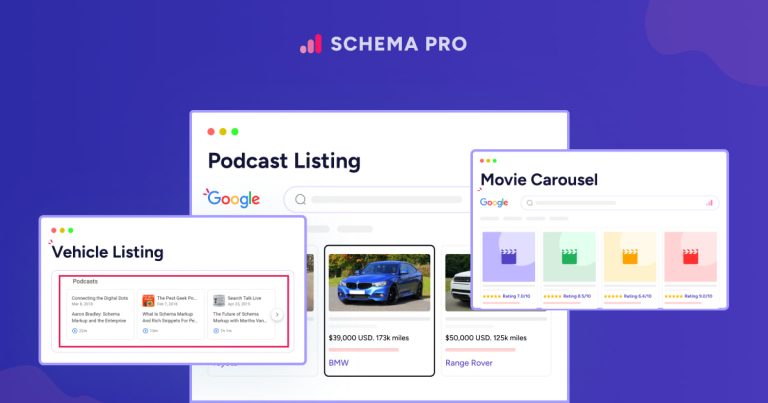Proper schema markup implementation is crucial for websites serious about SEO performance. To Monitor WordPress Schema Health effectively, schema helps search engines understand your content better, potentially leading to enhanced search results with rich snippets and knowledge panels that improve click-through rates.
However, maintaining healthy schema across a WordPress site isn’t easy. Content updates, theme changes, and plugin modifications can break your carefully implemented schema markup. Without monitoring, these issues often go undetected until they’ve already hurt your search visibility.
This is where serverless computing comes in. By building an Azure Function to monitor WordPress schema health in real-time, you create an automated system that continuously ensures your site’s schema is intact.. If you’re unfamiliar with Azure’s capabilities, working with an experienced Azure consulting firm can help you leverage the platform’s full potential for your WordPress infrastructure.
Understanding the Schema Validation Challenge
WordPress sites frequently encounter schema errors for various reasons – incomplete properties, conflicting markup from multiple plugins, outdated formats, or improperly implemented schema for custom post types.
When these errors occur, search engines may struggle to parse your schema or ignore it entirely. This directly impacts your ability to win rich snippets, potentially reducing your visibility compared to competitors with properly validated schema.
Manual validation processes are time-consuming and often impractical for larger sites. An automated solution addresses these limitations by providing continuous validation across your entire site.
Azure Functions Ovrview
Azure Functions represents Microsoft’s serverless computing offering, ideal for schema validation for several reasons:
- Event-driven execution: Functions can run on schedules, perfect for regular validation checks
- Cost efficiency: You pay only for the compute time used during validation
- Automatic scaling: As your site grows, the validation function scales automatically
- Seamless integration: Azure Functions work well with other Azure services
For WordPress site owners, Azure Functions provide a lightweight extension to your existing infrastructure without requiring significant architectural changes.
Building a Schema Validation Solution
A complete schema validation system includes several key components:
- The validation function that checks schema markup against Schema.org standards
- Content fetching from your WordPress site via the REST API
- An alert system that notifies you of issues through email, Slack, or other channels
- A dashboard to visualize schema health across your site
The validation process itself involves extracting JSON-LD schema blocks from your pages, validating them against official Schema.org definitions, and identifying both standard compliance issues and custom validation rules specific to your business needs.
Creating an Intelligent Alert System
Not all schema errors are created equal. A sophisticated validation system categorizes issues by severity:
- Critical issues: Missing required properties that prevent rich snippets entirely
- High-priority issues: Type mismatches that could cause incorrect display
- Warnings: Recommended but non-essential properties that are missing
You can then configure alerts that escalate based on severity – perhaps immediate Slack notifications for critical issues, but a daily digest email for warnings.
Real-World Benefits
Websites implementing automated schema validation typically see significant benefits:
- Errors detected and fixed within hours rather than weeks
- Consistent rich snippet visibility even during major site updates
- Reduced time spent on manual schema troubleshooting
- Improved click-through rates from search results
One mid-sized e-commerce site maintained 98% rich snippet visibility after implementing automated validation, compared to previous drops of up to 20% during site updates. Their SEO team reduced schema maintenance from 8-10 hours monthly to just 1-2 hours.
Conclusion
Maintaining healthy schema markup is essential for SEO success, but requires consistent monitoring and rapid error resolution. A serverless Azure Function provides continuous schema validation without infrastructure overhead, sending immediate alerts when issues arise.
As schema becomes increasingly important for search visibility, automated validation provides a competitive advantage that helps maintain your edge in organic search results. The investment in automated schema validation will pay dividends through improved search visibility and reduced maintenance overhead.



